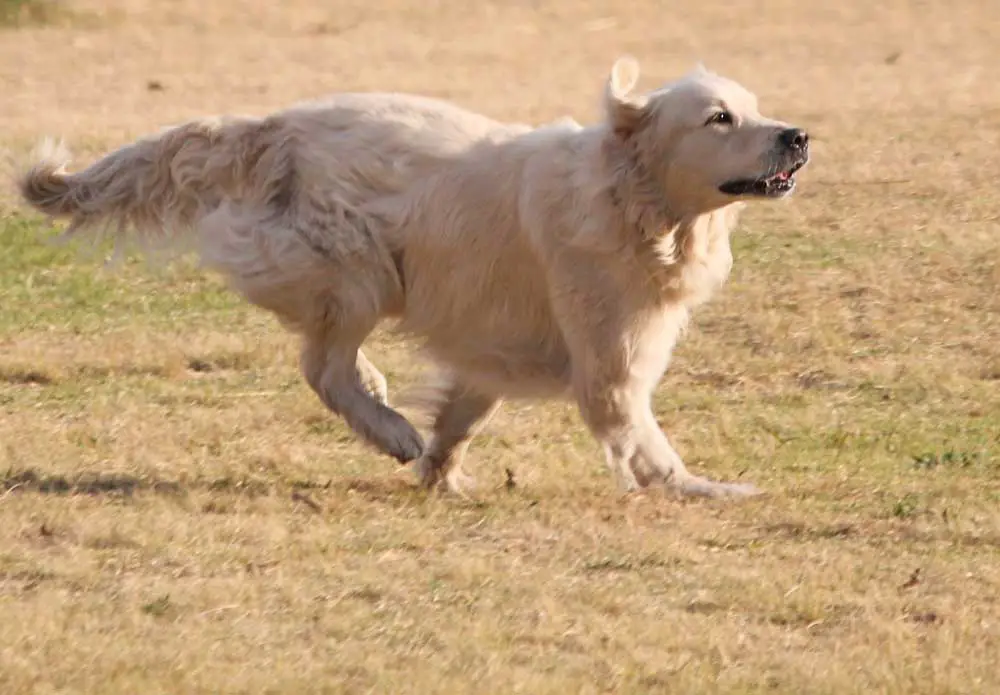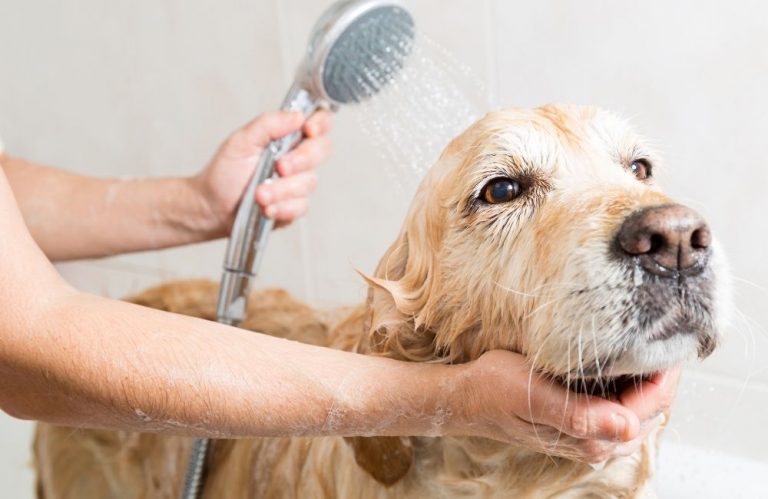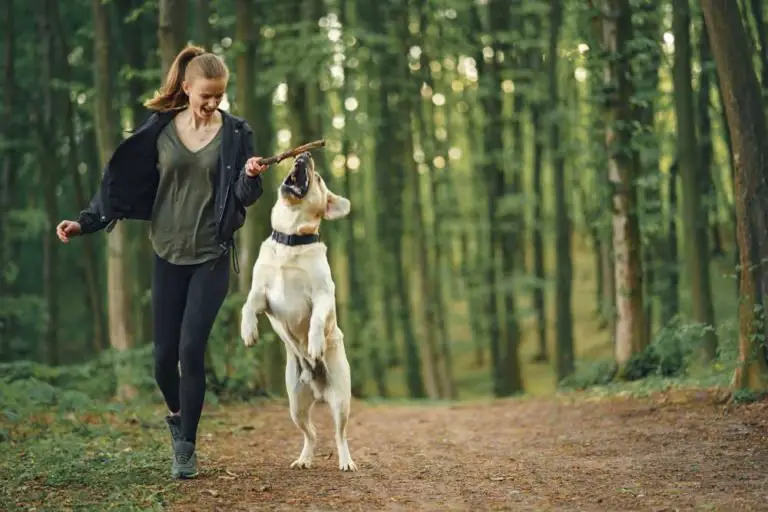Long Haired Lab – All You Need To Know About Long Labrador Coats
Labradors are counted amongst the most-preferable dog breeds that are highly adored by all the pet zealots across the world. These furry acquaintances are much loved for their friendly nature, remarkable loyalty, endless affection, and affability as well.
Furthermore, Labradors always garner the limelight because of their innocently mesmerizing eyes, velvety soft ears, and shining coat. However, the color and patterns of coating differ in each Labrador. In this blog, we would shed light on the long-haired Labs and everything you need to know about the long Labrador coats!
Generally, a long-haired Labrador possesses two recessive gene copies, due to which they have a longer, curlier, and finer coat. The autosomal-recessive trait of a coating comprising of long hairs is inherited from their parents that are transferors of the long-coating gene. Although, both the parent Labs can have normal coating; they can pass on the allelomorphs of the long-haired coat to their next generation.
They are quite uncommon to see; that is why the inquisitive mind wants to explore more about the same. For this, the following factors would provide you a detailed analysis of the long-haired coat mechanism in Labradors.
The Next Generation May or May Not Inherit This Trait
The autosomal-recessive trait of long hairs might not always get inherited by the next generation, even if the parents are the carriers for the same gene. This is because there are always 50% chances of this trait being carried on by the offsprings.
Being a recessive gene, it can stay concealed for many generations before the two parents possessing the same gene are bred together. If that happens, there are strong chances of 25% of the offsprings inherit the trait of a long-haired coat. The rest of the offsprings may or may not get affected by this recessive trait.
Rare but Still Purebred Dogs
Although long-haired Labrador Retrievers are quite rare to spot, they are still considered as a purebred. Also, if you are having a one at home, you can get his name into the recognized breed archives as well. On the other hand, their long-haired coats are enough to get these furry companions disqualified from the prominent dog shows.
It is said to be believed that the long-haired coats are not considered to be a part of the breed standard of Labradors. Due to this, breeders often refrain from breeding long-haired Labrador Retrievers intentionally.
Long-Haired Labradors are Similar to the Standard Breed
Most people perceive that long-haired Labradors are not normal or they might be having some sort of genetic disorder. Well, that is completely untrue. There is nothing hereditarily wrong in having a coating made of long hairs. The long-haired Labs resemble the standard Labradors in each sense. Furthermore, these Labradors might possess some of the exceptionally brilliant Labrador features of the olden days.
The Scientific Genesis of the Long-Haired Coat in Labradors
The credit for the long-haired coat of the Labradors goes to a very particular gene, which is also known as the fibroblast growth factor 5 gene or the FGF5 gene. In the language of Lab breeders, it is called the L gene as well.
There are two forms of this gene, namely L and I. The L gene produces short hair whereas the I gene would produce long hair. In most cases, the L form is more dominant and supersedes the genetic effects of form I.
Generally, all the puppies receive two copies of the L gene, each one from their mom and dad respectively. The puppies with the combination of LL and LI genes will have a coating of short hairs. Although, the ones that carry the long hair genes are more likely to pass it on to half of their offsprings in the future.
As an outcome, the puppies that possess the combination of II genes will have a long-hair coat, thereby passing it on to their upcoming generation as well.
The Effect of the LL Gene on the Coat Hairs
It is hard to spot any difference between the long and short hair Labs when they are born as they look quite identical. It is only possible to spot dissimilarity between them when they turn around 6 weeks older. During that stage, the coat begins to grow.
The L form of the gene is responsible for the production of fibroblast growth factor 5 which is a chemical signal. It works mainly on the hair follicles to stop their growth, even though the coating is still short.
In the absence of the L gene, the follicles cannot stop the growth as no signal is received by the FGF5 gene. Due to this, the coating of such Labs grows longer than the standard ones.
Long-Haired Labs as Ideal Family Pets
Due to their long-haired coating, most pet buffs even think that such Labradors might not be an ideal choice for a family pet. However, the long-haired Labrador Retrievers would resemble a personality similar to the short-haired ones.
The furry confidantes are also friendly, agile, outgoing, and affectionate pets that your family would highly adore. Apart from this, the long-haired Labs get along really well with the kids.
Except for their coating, everything else remains unaffected due to the recessive-genesis. Also, no health disorders or hereditary diseases are found in such Labs.
Maintenance of Labs’ Long Coats
Besides being a non-qualified breed for the dog shows, the other disadvantage of having a long-haired coat is the maintenance. The long coating can easily get untidy, especially when your Labrador is playing outdoors. The cleaning of their long coats is surely a task.
Apart from this, the long-haired Labs require proper grooming and brushing as they shed more as compared to the short-haired ones.
Wrap Up
Long-haired Labradors are nothing less than super-fluffy pooches that would leave no stone unturned to fill your life with sheer joy and love. These adorable furry companions have got their long-haired coat due to a specific genesis inherited from their parents.
If you are thinking to keep a long-haired Lab as a pet, then do not hesitate and just bring home this lovable companion to brighten up your life.







